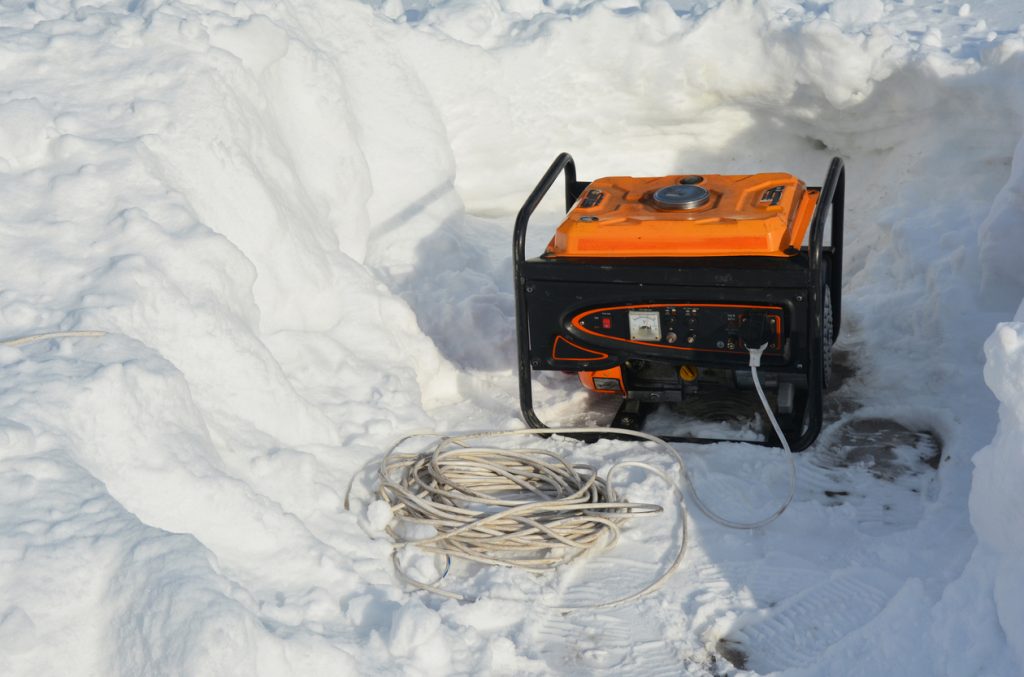A loss of heat and electricity during winter poses a severe risk to homeowners and business owners alike. You can use a generator to heat your home, to protect perishables from spoiling due to a lack of refrigeration, or to keep electrically powered machinery working at your place of business during a winter power outage. You need to keep your generator in good working order to ensure that it provides necessary assistance during the winter, and there are a few preventative measures that you can take to keep it running.
1. Fuel Stability
Your generator’s gas should be steadied using a fuel stabilizer, which is a solution used to prolong fuel life. Maintaining a stable power supply from your generator over the winter requires regular fuel changes and a gasoline stabilizer. It would be best if you switched on the generator to ensure that the solution has circulated through the carburetor.
2. Routine Inspection
Generators can last a long time and be dependable as long as they are regularly serviced and inspected by an electrician. Worse than having no electricity during an emergency is turning on your generator and realizing some problems require fixing. If you want to know how frequently you should have the carburetor, filters, vent, oil, and fuel system checked, you should talk to an electrician.
3. Oil Change
Your generator will power off to prevent further harm if the oil level gets too low. Check the oil level to keep your generator in top shape during winter. If you live in an area that often has severe winter weather and power outages, you should stock up on oil. Seek the advice of an electrician if you are still determining how much oil your generator requires. Protecting your generator’s engine is the oil’s primary function. You should contact an electrician if the motor generates strange sounds while operating.
4. Installing a Switch Transfer
To ensure your safety, have a licensed electrician install a switch transfer. You may avoid any potential hazards by securing the generator’s connection to the house’s wiring with a switch transfer. The electrician will send the generator’s power and the grid’s electricity to separate circuits through a switch transfer. This tip is helpful for the winter protection of any residential or commercial wiring system.
5. Letting It Run for a While
Your generator will work more smoothly if you let it run for around 10 minutes every other week, even if there is no power outage. Lack of usage causes generators to stiffen, and in the winter, components might freeze, making them impossible to use. Allowing the generator to operate at regular intervals will not only lubricate it but will also help you identify problems that may need the services of an electrician.
The winter months may be enjoyable when you have a backup plan in place in case of a power loss, such as a dependable generator. Call us at Chamberlain Electric LLC to speak to our state-certified electricians for generator repair, maintenance, and installation in Jonesboro, AR.



